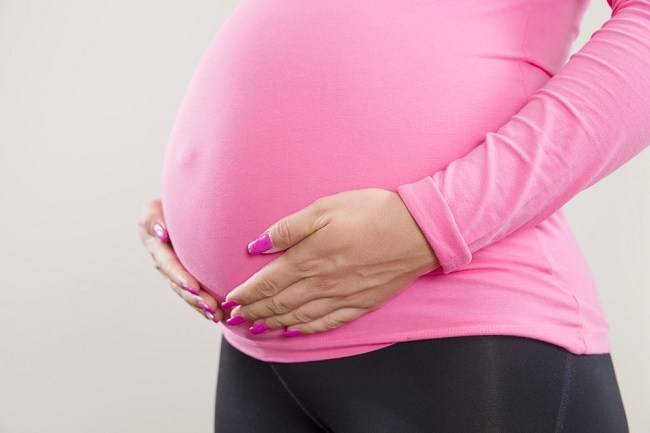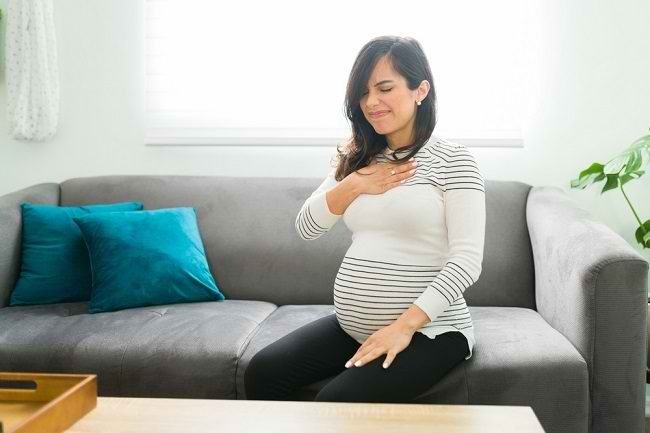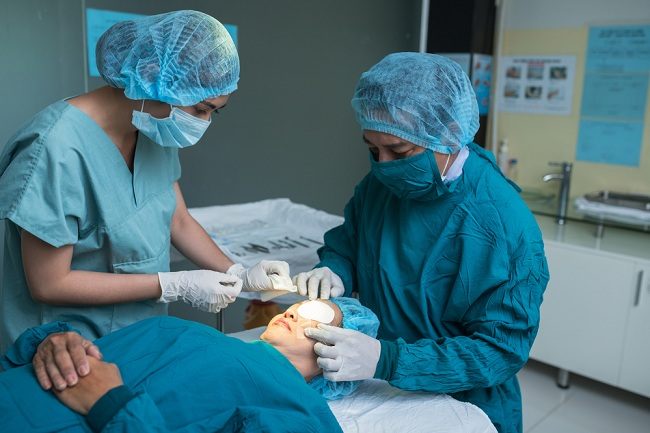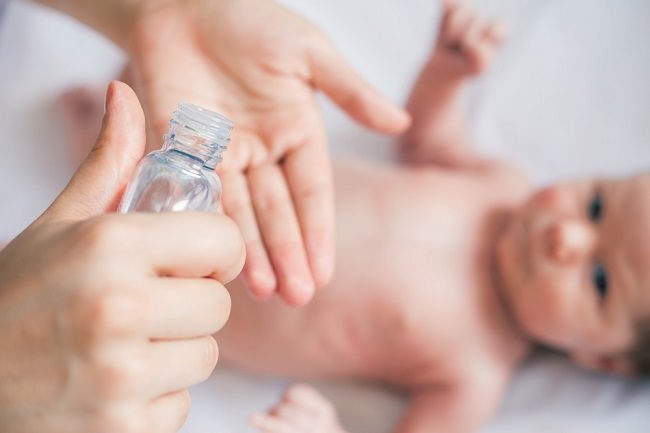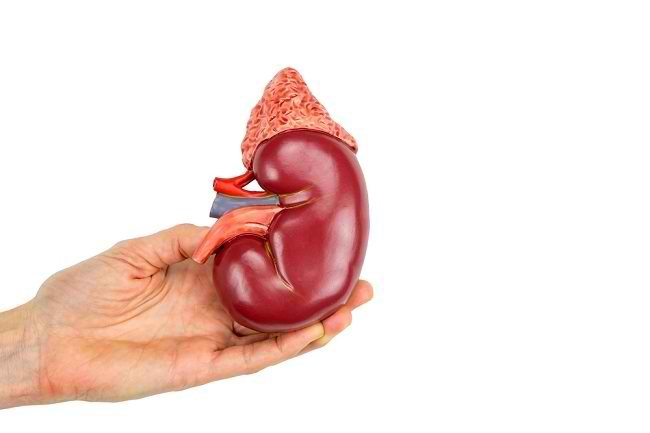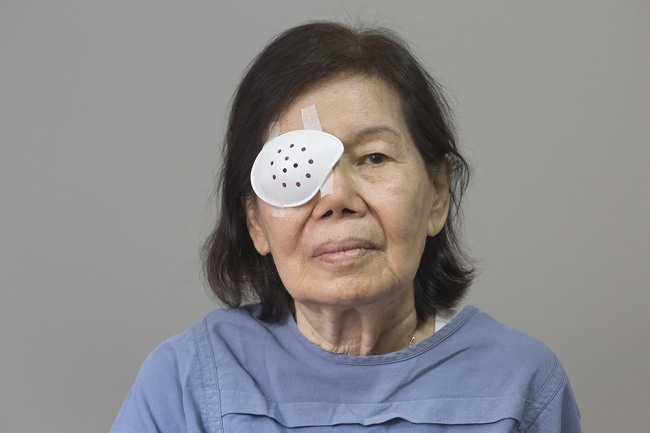Rape and sexual violence of any kind are criminal acts that can be experienced by anyone, be it women or men. Rape cannot be taken lightly because it not only leaves physical wounds, but also brings mental wounds that are difficult to heal.
Studies show that most rape cases are committed by people the victim knows, such as a spouse, ex-spouse, relative, or friend of the victim.

In many cases of rape, victims are reluctant to tell what happened. The reasons are various. Some feel ashamed, afraid of reprisals, and are afraid that their stories will not be believed. This often makes rape victims bear the psychological burden alone.
Impact of Rape spsychologically
Rape can cause psychological trauma or mental stress for those who experience it. Victims of sexual assault or sexual harassment are likely to experience some of the following psychological problems:
1. Blame yourself
Victims of rape may feel guilty or blame themselves for their misfortune. A woman who is a victim of sexual violence, for example, may think that it is her style of dress that invites the perpetrator to rape her.
Because of this, many victims choose to remain silent and hide the traumatic event they experienced. This actually should not happen because if left unchecked, the victim is at risk of experiencing severe stress.
Meanwhile, sexual violence against men tends to discourage victims from seeking help because they feel ashamed. This is because of the public perception that men are tough and strong figures, so they should be able to protect themselves from acts of violence.
This thought finally made them blame themselves for the rape they experienced.
2. Mental disorders
Rape victims are at high risk for several mental disorders, such as depression, post-traumatic stress disorder (PTSD), and anxiety disorders. This can happen because victims are always reminded of the traumatic event, so they feel they are always in danger.
Not only that, some victims also felt anxious and panicked excessively which eventually triggered behavioral changes, such as sleep disturbances, frequent nightmares, often cried, were alone, avoided meeting other people, and some even became quiet or angry.
3. The desire to commit suicide
Suicide is one of the most fatal psychological effects that a rape victim can experience. The main factor that often triggers this action is because the victim has experienced depression or PTSD for a long time, so they think that there is no point in living life anymore.
In addition, feelings of shame and guilt that have been buried for a long time are often the reasons for rape victims to commit suicide.
Impact of Rape sphysically
From a physical point of view, the negative impacts that can be experienced by rape victims include:
Sexually transmitted disease
Sexually transmitted diseases, such as chlamydia, herpes, HIV, and hepatitis B, can be experienced by rape victims. Therefore, it is important for rape victims to get medical help from a doctor immediately after the rape occurs, so that this disease can be detected and treated as early as possible.
Other medical conditions
In addition to sexually transmitted diseases, rape victims are also at risk for various health problems, such as:
- Inflammation of the vagina or vaginitis
- Infection or bleeding in the vagina or anus
- Pain during sexual intercourse or dyspareunia
- Sore throat or sores in the mouth area (if oral penetration occurs)
- Hypoactive sexual desire disorder (HSDD), which is an extreme reluctance to have sex or avoid all sexual contact
Unwanted pregnancy
A rape victim is more likely to become pregnant if the rape occurred while the victim was fertile and the rapist experienced vaginal ejaculation.
Although this risk exists, victims can take preventive steps by taking emergency contraception as soon as possible. If taken in the first 5 days since rape occurred, the potential for pregnancy can be prevented by up to 95 percent.
However, if the rape victim has been declared pregnant, the doctor can recommend an abortion procedure. The rape victim has the right to have an abortion if there are indications of a medical emergency or causing psychological trauma.
The physical effects of rape may heal faster than the psychological effects. Therefore, the role of family, relatives, doctors and therapists is an important key in helping the healing process and recovery of rape victims.
Given that rape is a criminal act that endangers the life of the victim, whoever is responsible for raping must be prosecuted. For this reason, victims must have the courage to report to the police if they experience attempted rape or rape.
The reason is, if they are not reported and arrested, the perpetrators of rape may not feel deterred and may commit the same crime against other victims.
If you or someone close to you is a victim of rape, don't hesitate to seek help from the authorities, a doctor, or a psychologist.

